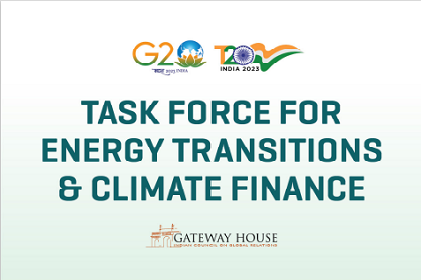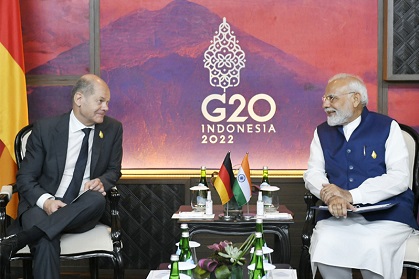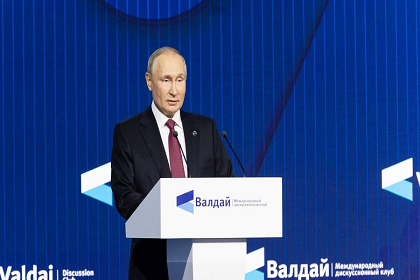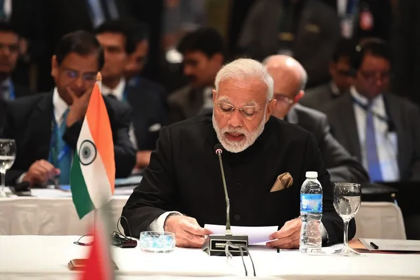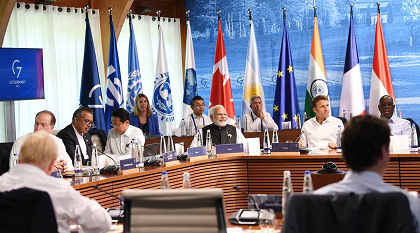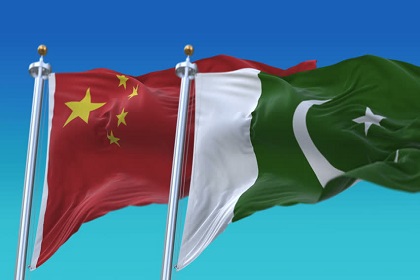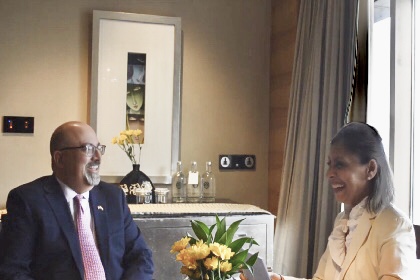India and Italy: Partners in Peninsularity
The state visit by Italian Prime Minister Giorgia Meloni on 2-3 March marked the elevation of the India-Italy bilateral to a strategic partnership. Both countries have set the stage for an expanding relationship based on shared interests and priorities in defence, security, trade, and energy sectors – domestically and in the broader Indo-Pacific region.


